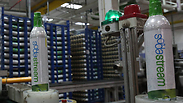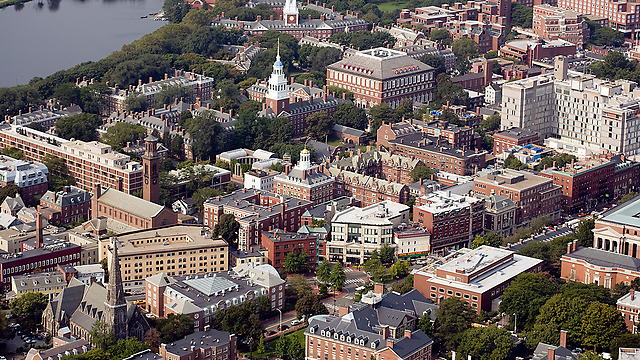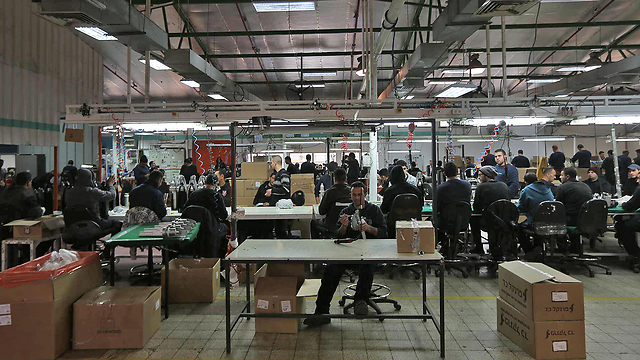
Harvard reverses SodaStream ban
Water dispensers owned by Israeli company branded 'microaggression' by pro-Palestinian activists at university; investigation into original BDS motion to follow.
The dining halls at Harvard University have removed vending machines owned by the Israeli company after pro-Palestinian activists decried it as indirectly discriminating against Palestinians.
The campaign to remove the machines began last autumn, in e-mails sent by students. Harvard University Dining Services (HUDS) removed the machines, but then the university announced an investigation and reversed the controversial decision.
“I think it is neither anti-Israel nor anti-Semite to take stand against the occupation,” said Rachel J. Sandalow-Ash, a member of the Harvard College Progressive Jewish Alliance. “These machines can be seen as a microaggression to Palestinian students and their families and like the university doesn’t care about Palestinian human rights.”
“Harvard University's procurement decisions should not and will not be driven by individuals' views of highly contested matters of political controversy,” Provost Alan M. Garber wrote in a statement. “If this policy is not currently known or understood in some parts of the university, that will be rectified now."

Earlier this year, SodaStream was at the center of a pro-Palestinian call for a boycott on Israeli products.
SodaStream recently announced that it would close its factory in Mishor Adumim in 2015, and would henceforth operate within the green line, which could help alleviate criticism.
However, some activists demand a boycott on all products produced in Israel, whether they are beyond the green line or not.











